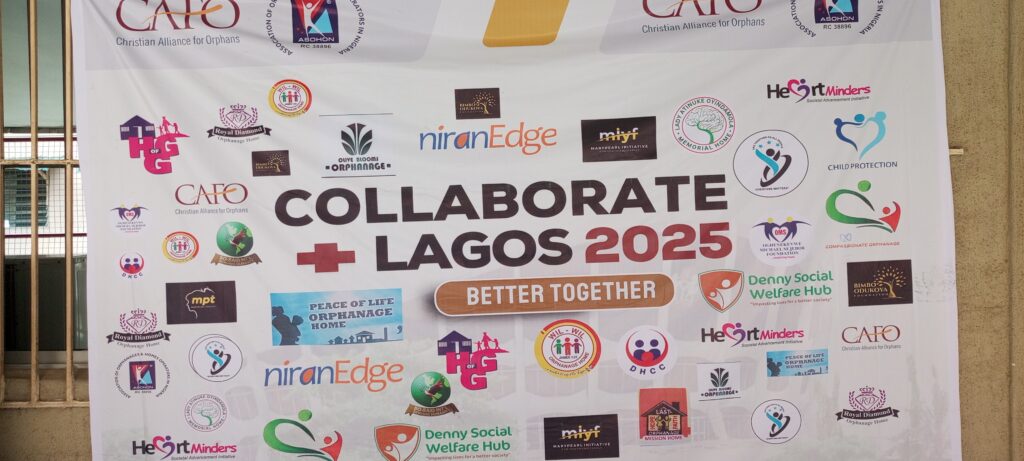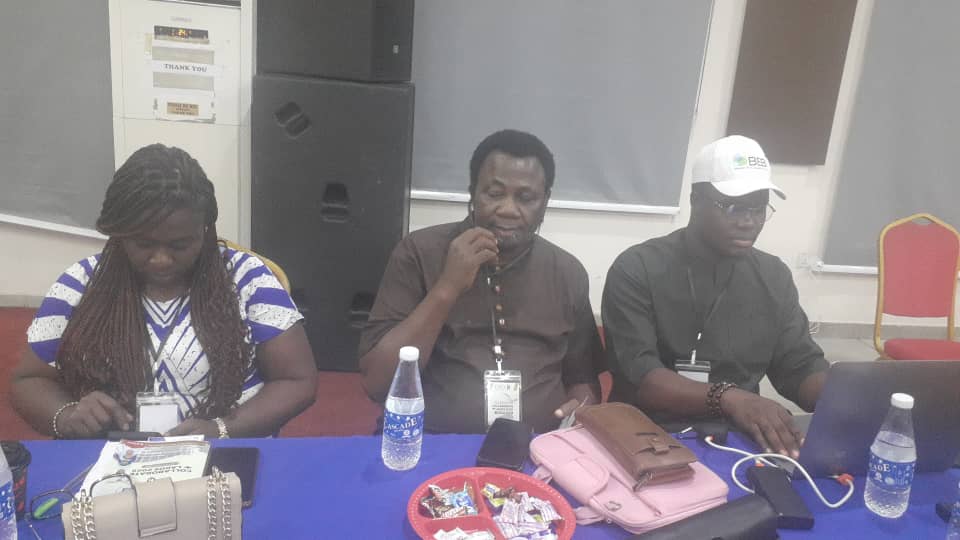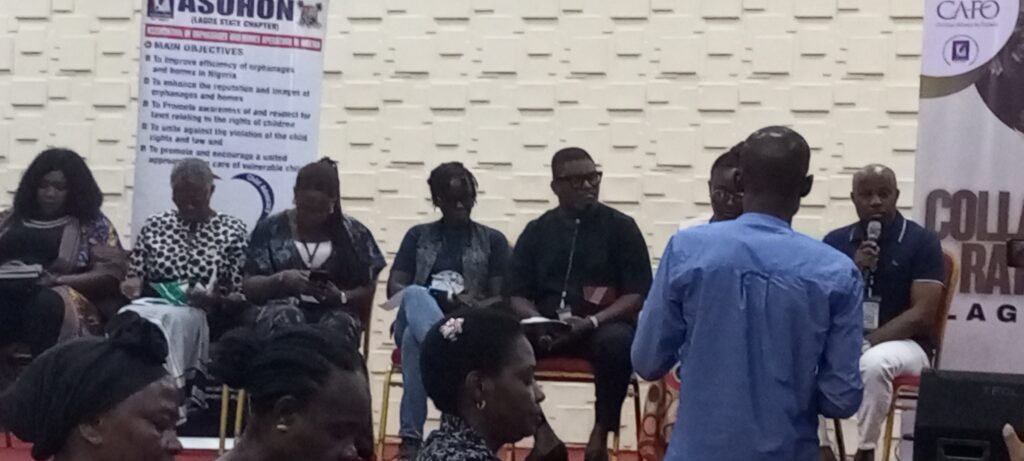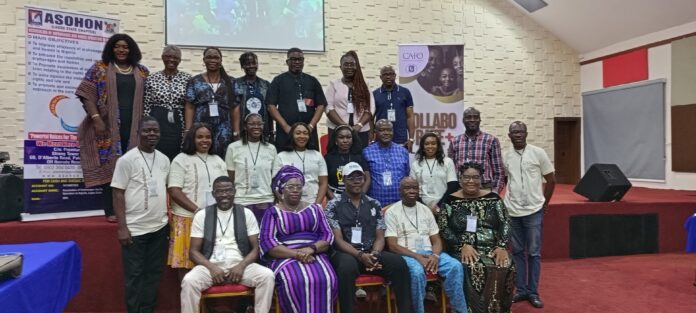By Abiodun JIMOH
The Christian Alliance for Orphans (CAFO), in partnership with the Association of Orphanages and Homes Operators in Nigeria (ASOHON), has called for urgent reforms to strengthen families and promote family-based child welfare in Nigeria. The call came at the 2025 edition of the Collaborate + Lagos Forum, held on September 30 and October 1, 2025, with over 200 participants attending physically and virtually.

The two-day forum, themed “Promoting Family Integration and Holistic Support for Every Child,” brought together legal experts, the Ministry of Youth and Social Development, the Child Protection Network, the Juvenile Welfare Center, faith-based organizations, and international partners including Both Ends Believing (BEB).
In a communiqué addressed to the Lagos State Governor, First Lady, Commissioner for Youth and Social Development, and the judiciary, participants stressed that “every child’s greatest need is a family, not just shelter.” The document emphasized three key priorities: preserving families through support and interventions, reuniting children safely with their biological families whenever possible, and expanding opportunities for adoption and fostering to provide permanent homes.

Dr. Gabriel Oyediji, President of ASOHON Nigeria, said the initiative reflects a shift from institutional to family-based care. “Temporary care may sometimes be necessary, but the goal must always be to place children in loving families. Poverty, displacement, and social breakdown push children into vulnerability, but collaboration between CAFO, ASOHON, and BEB is restoring hope.”
Oyaide Joshua-Silver, Country Representative of BEB, shared his personal story of growing up in an orphanage for 16 years, underscoring the urgency of change. He stressed the importance of data-driven approaches to match children with families, arguing that orphanages should serve only as transitional spaces until adoption, fostering, or reintegration is achieved.

The forum also discussed the role of media portrayal in shaping perceptions of child welfare and called for narratives that highlight successes rather than stigmatizing challenges. Participants agreed on the need to strengthen collaboration with UNICEF and government agencies to align on family-based care strategies, improve data collection, and implement supportive policy changes.
Closing the forum, Aderonke Oyelakin, Chair of the CAFO-ASOHON Lagos Committee, reaffirmed the shared vision: “Children thrive in families. By working together, we can preserve, reunite, and expand families so that every child in Nigeria grows up in a safe, nurturing environment.”














